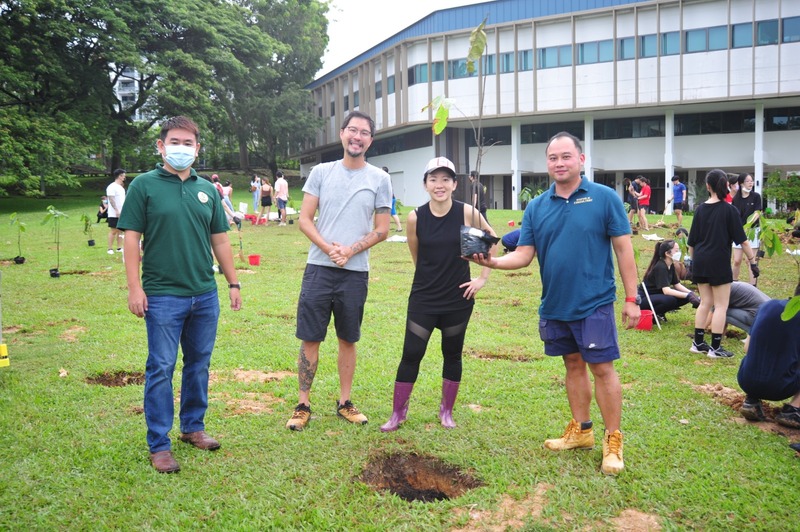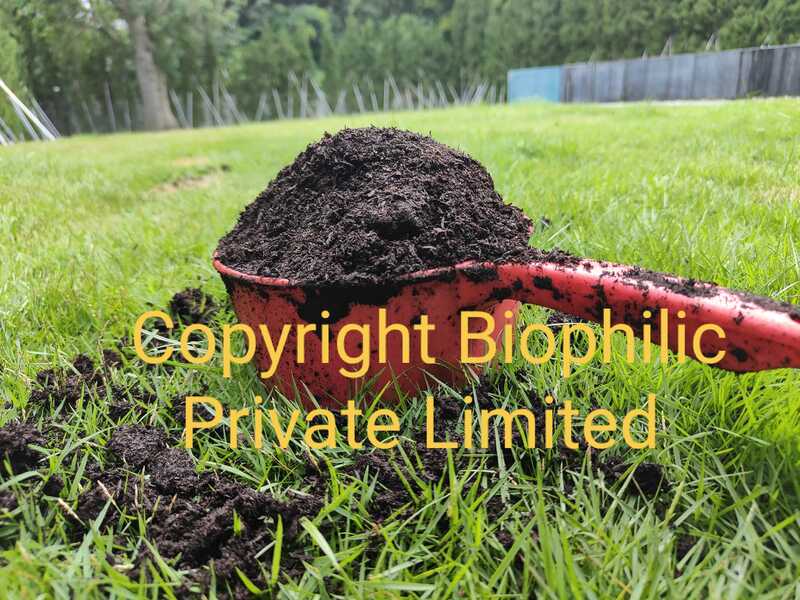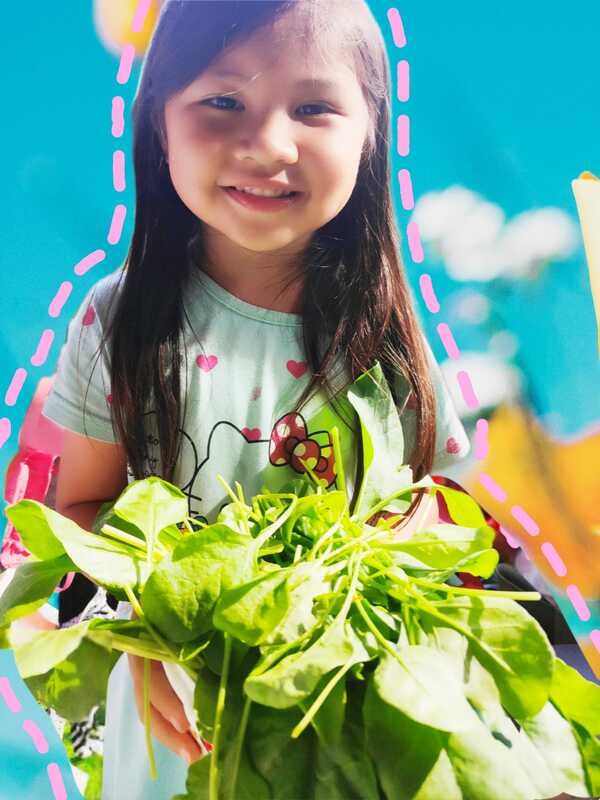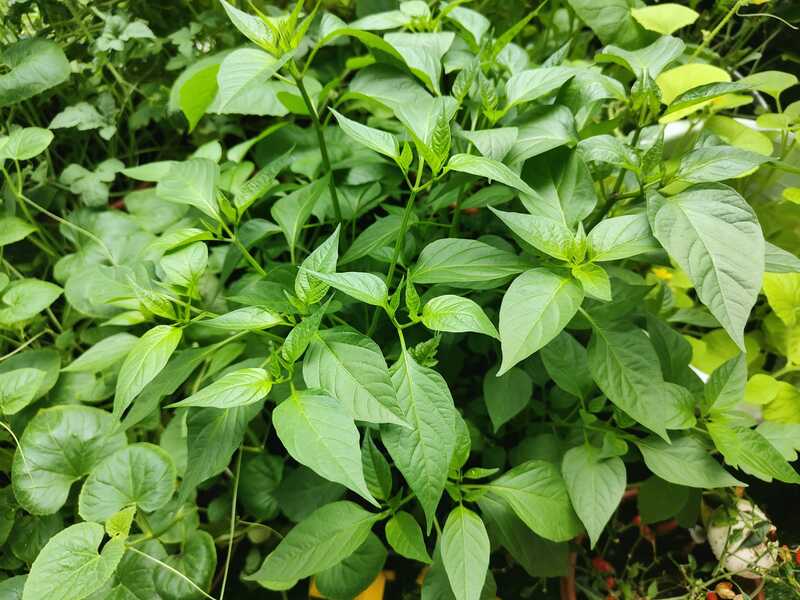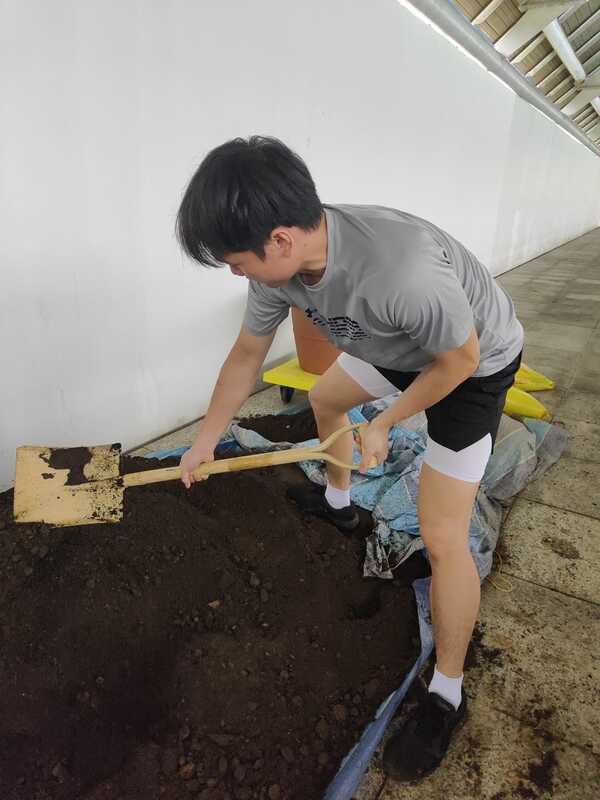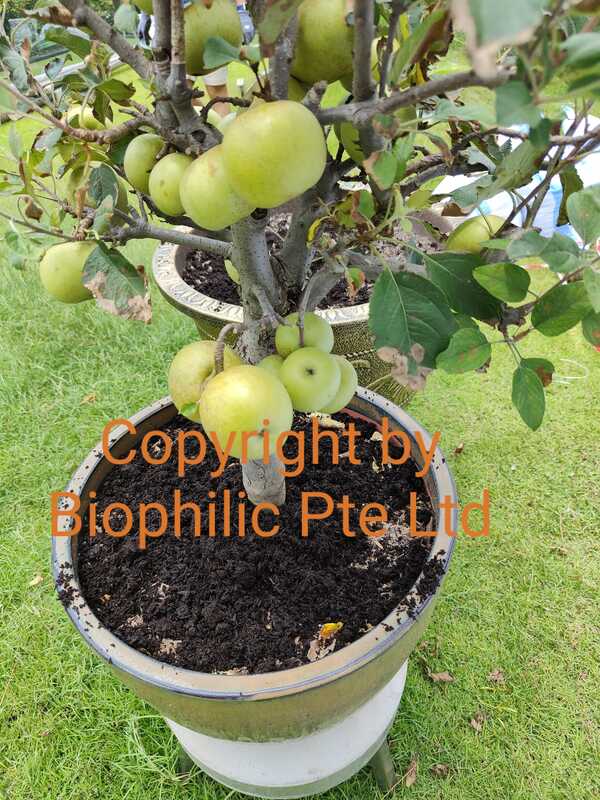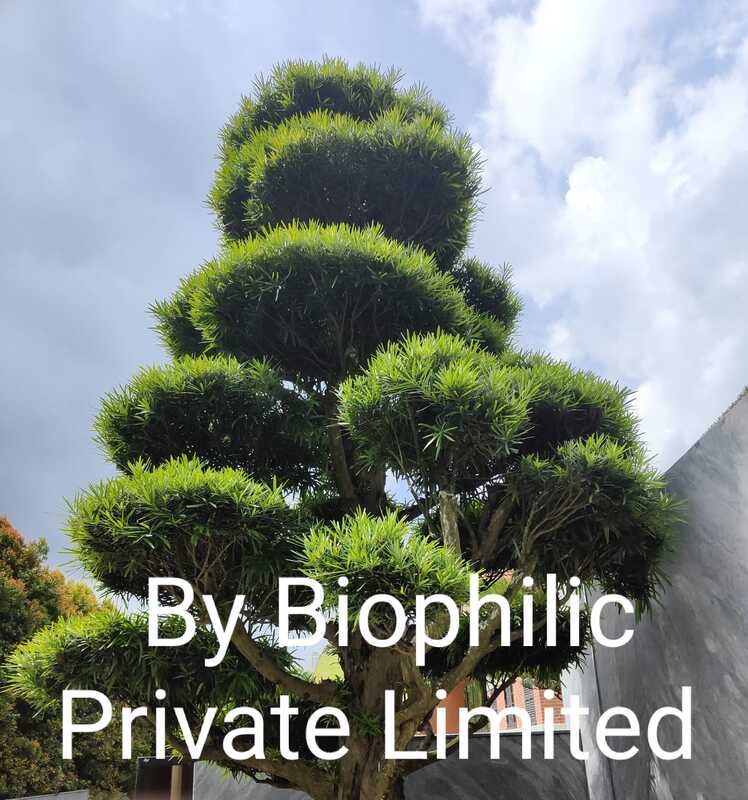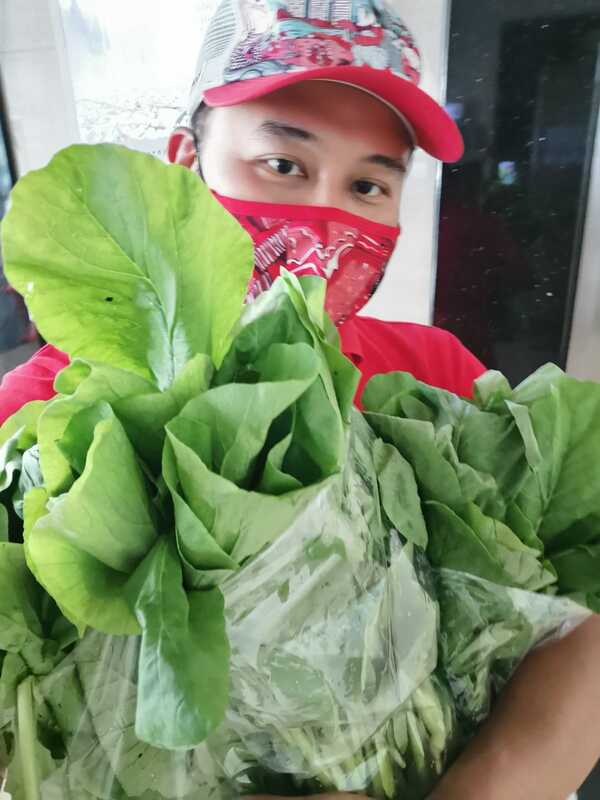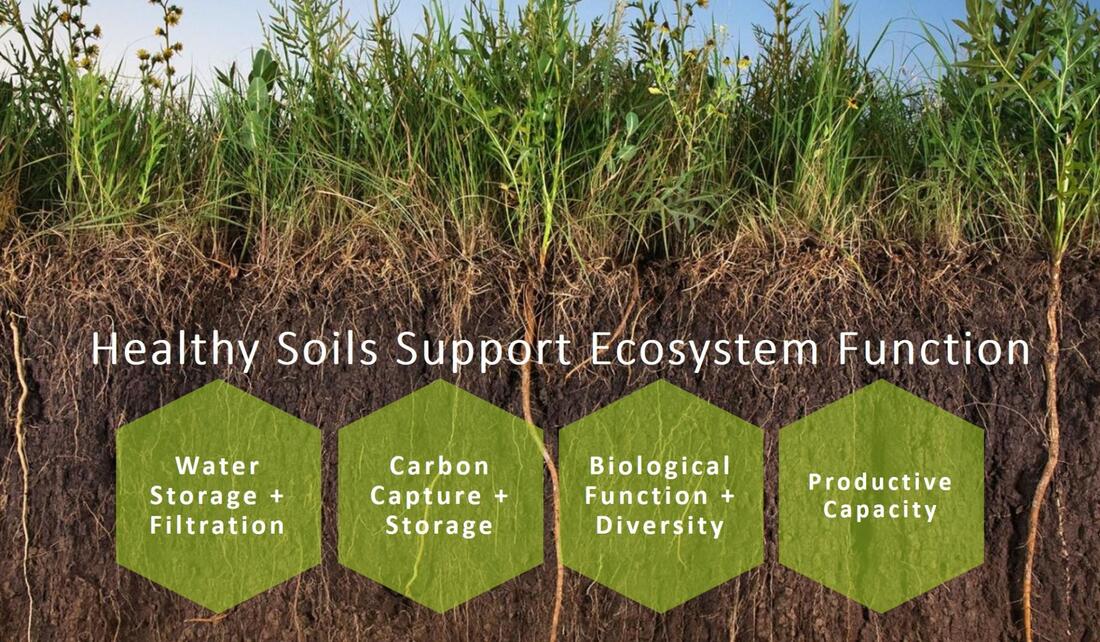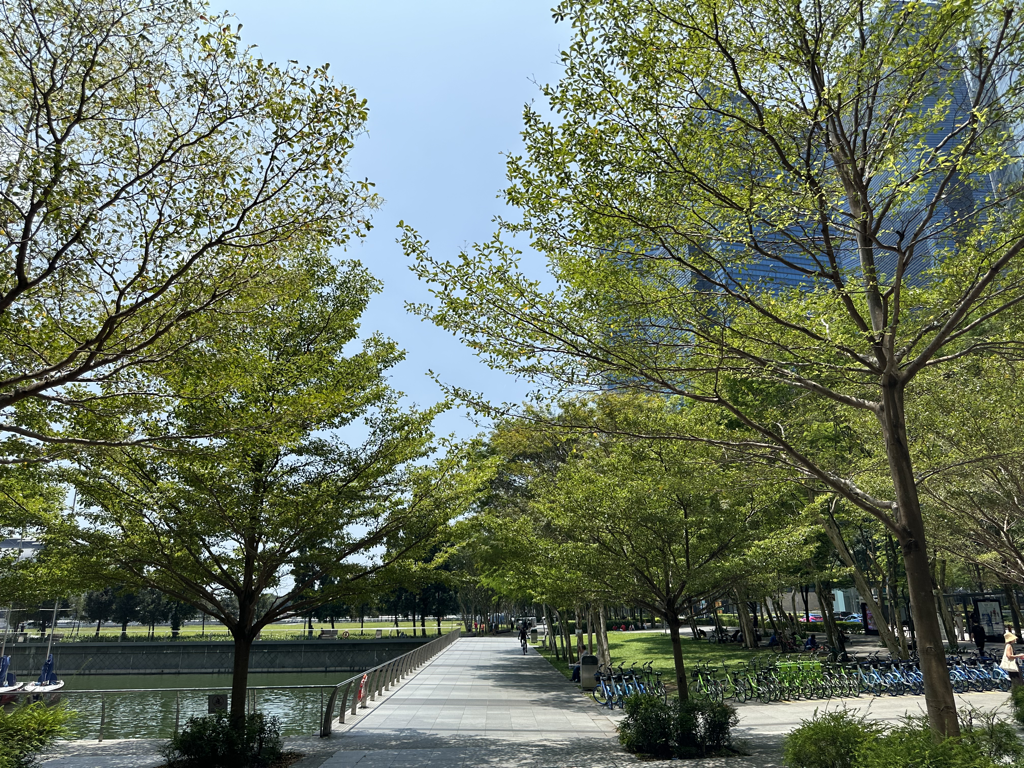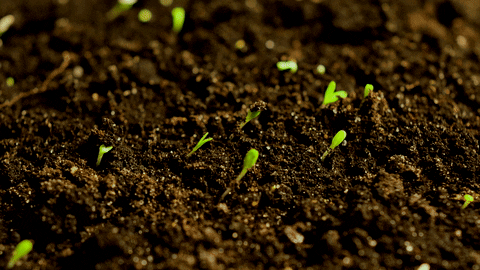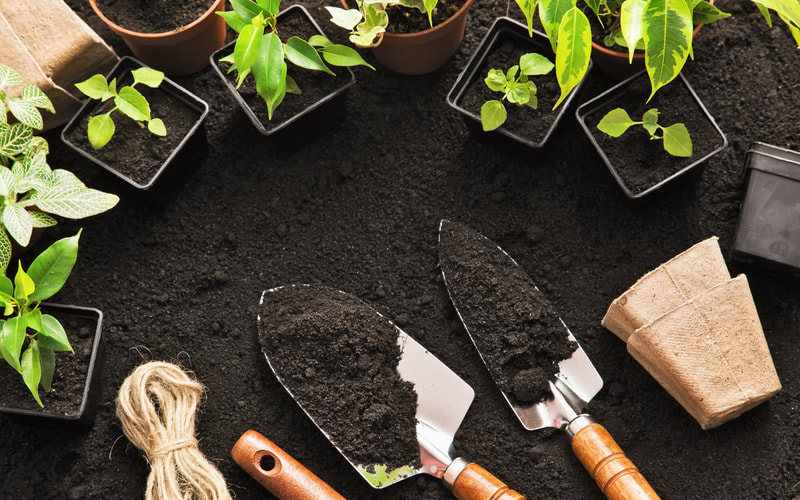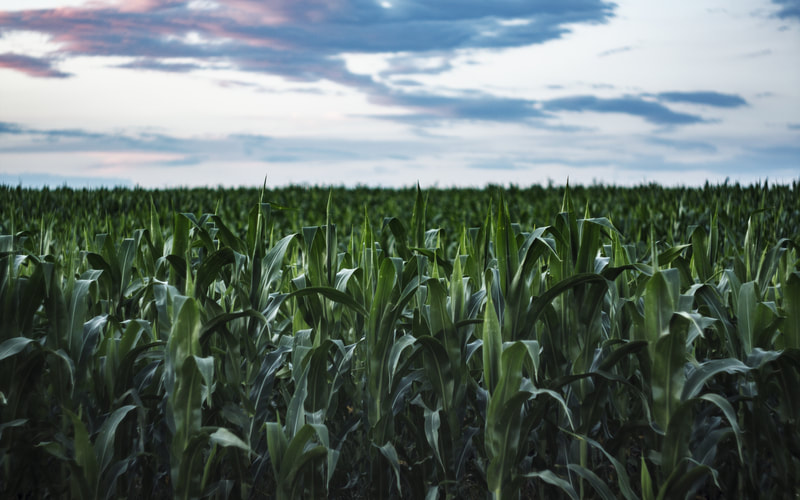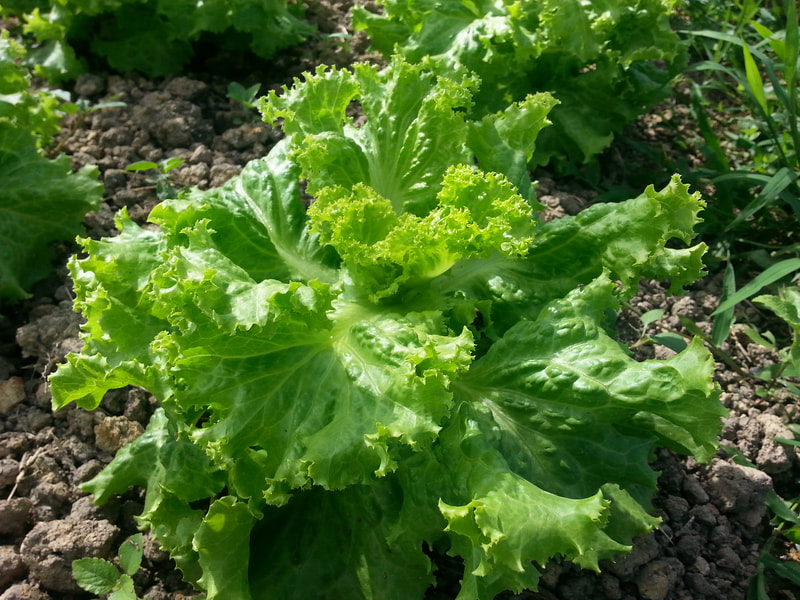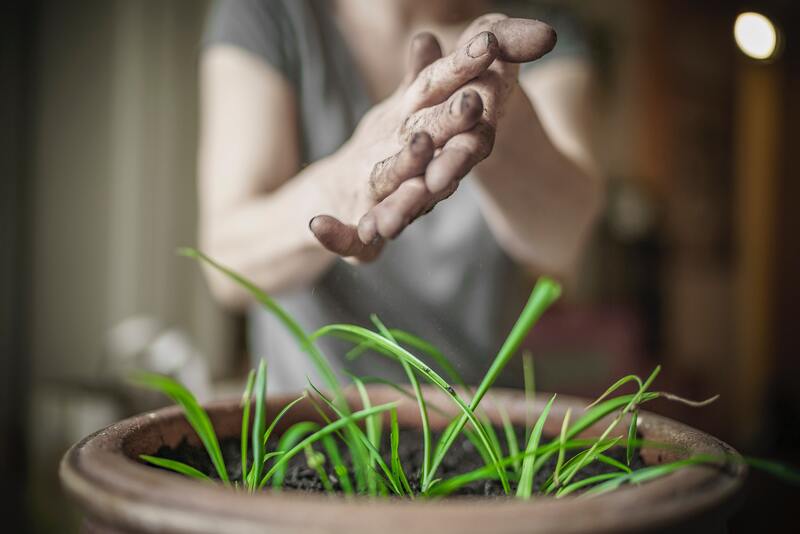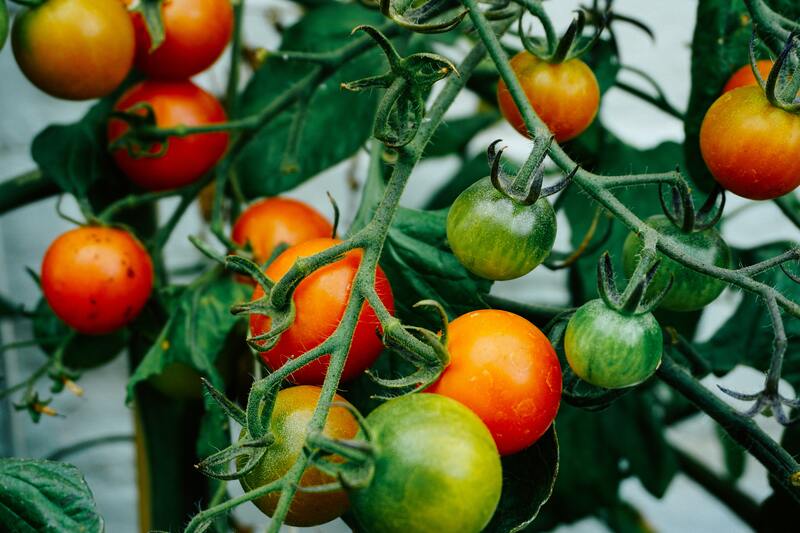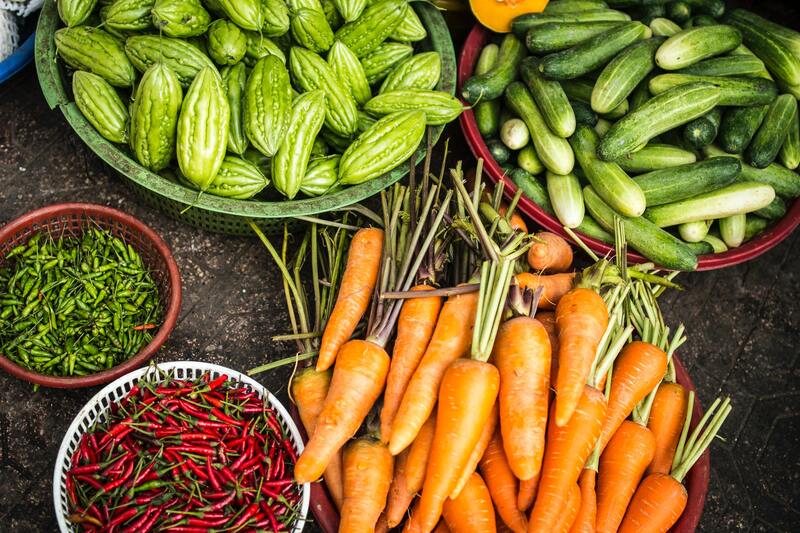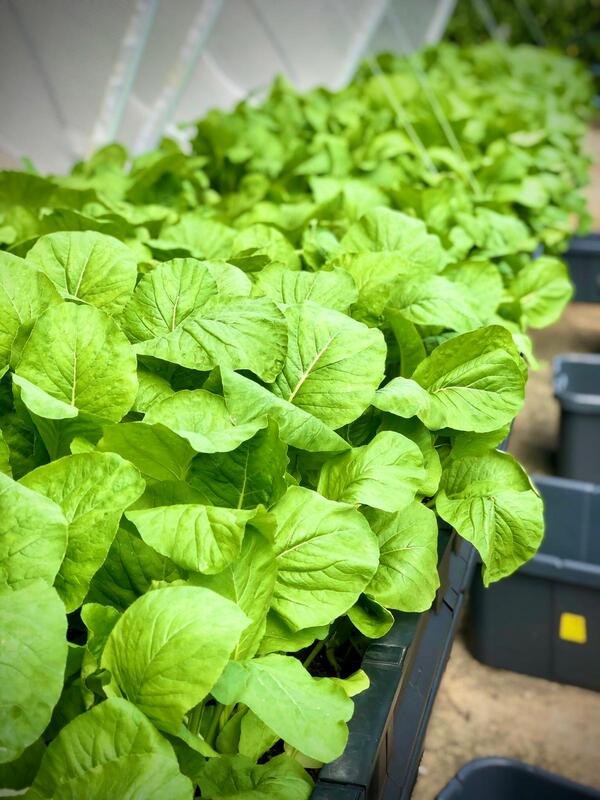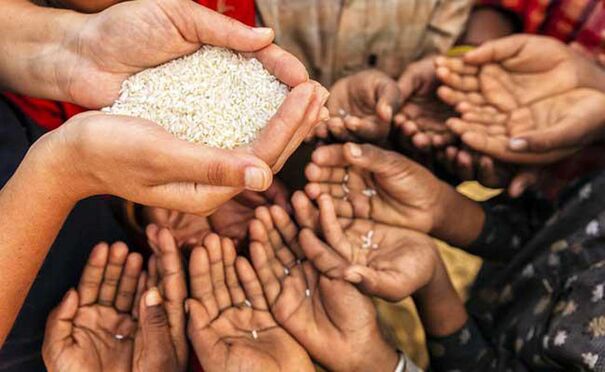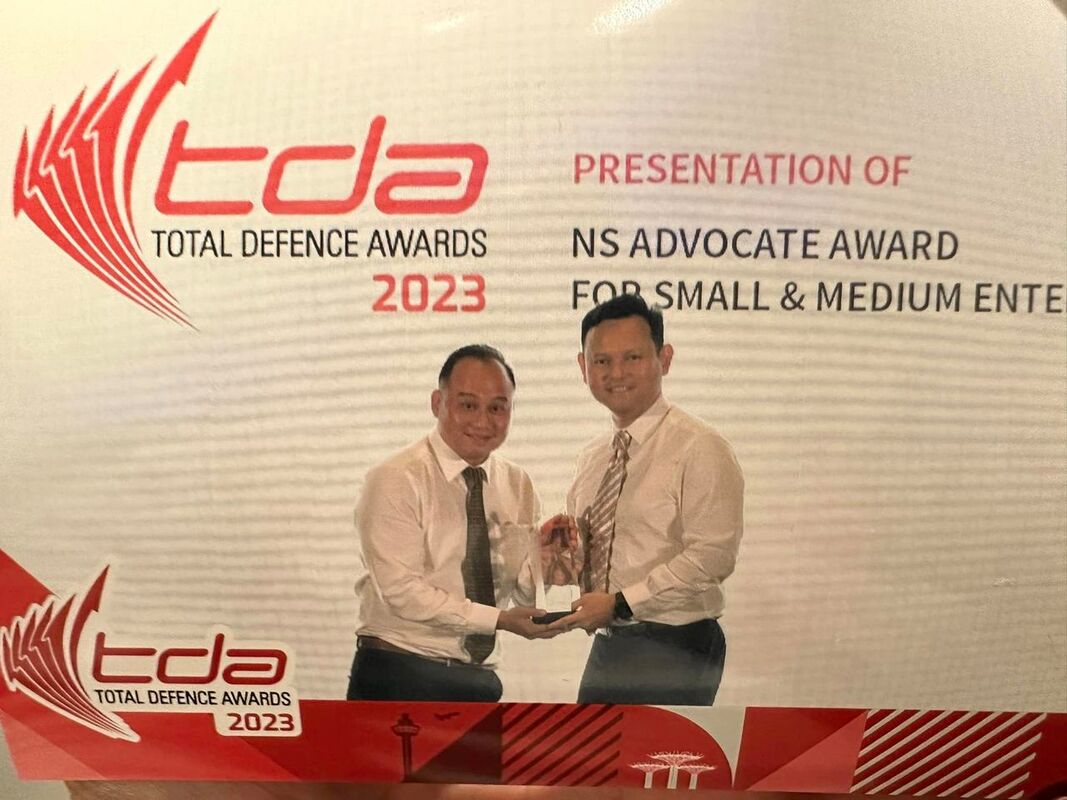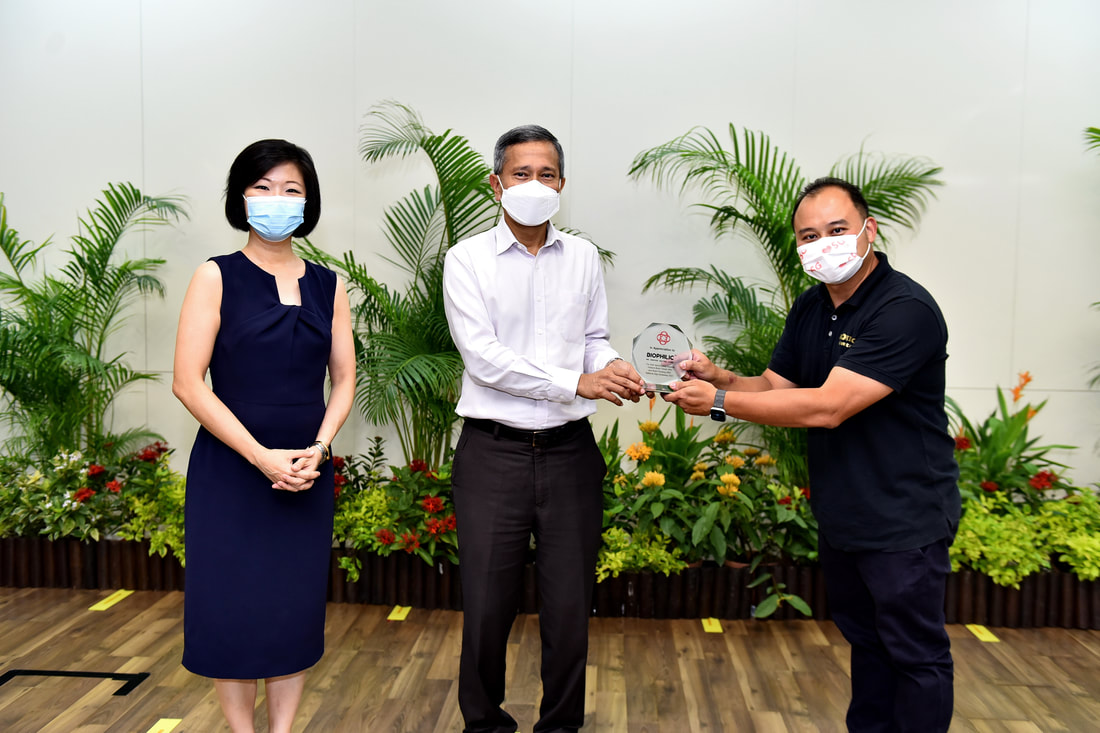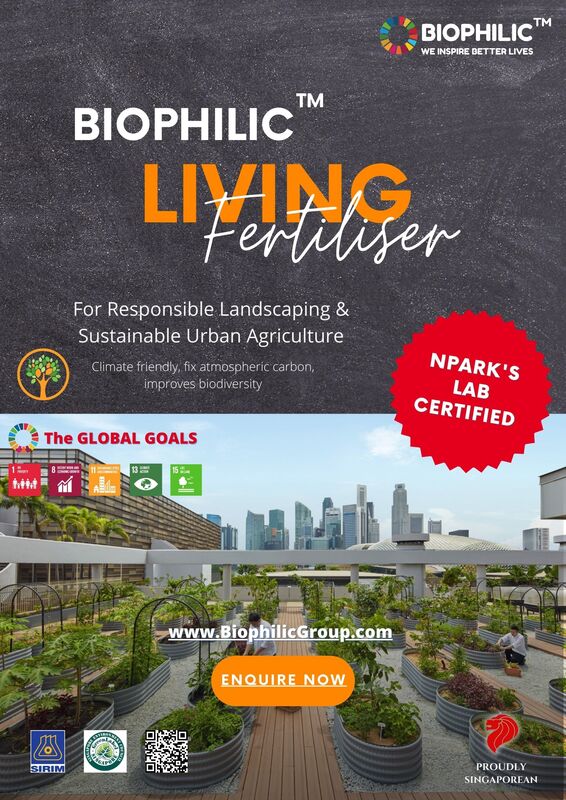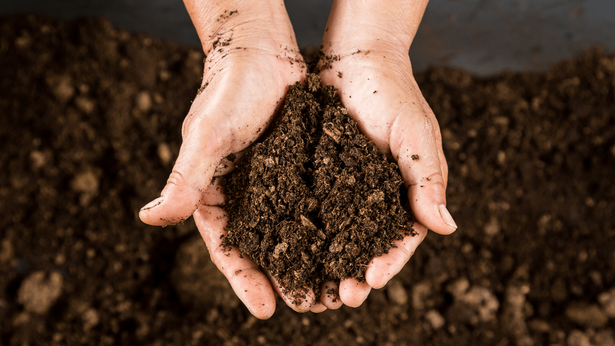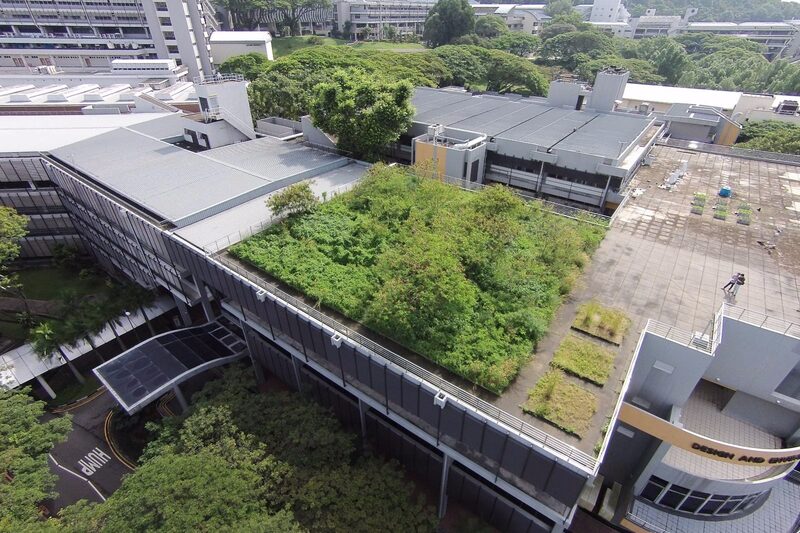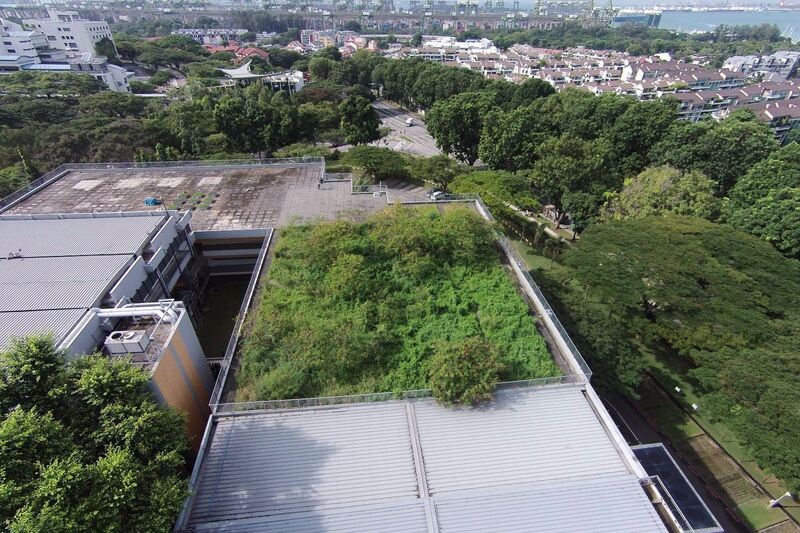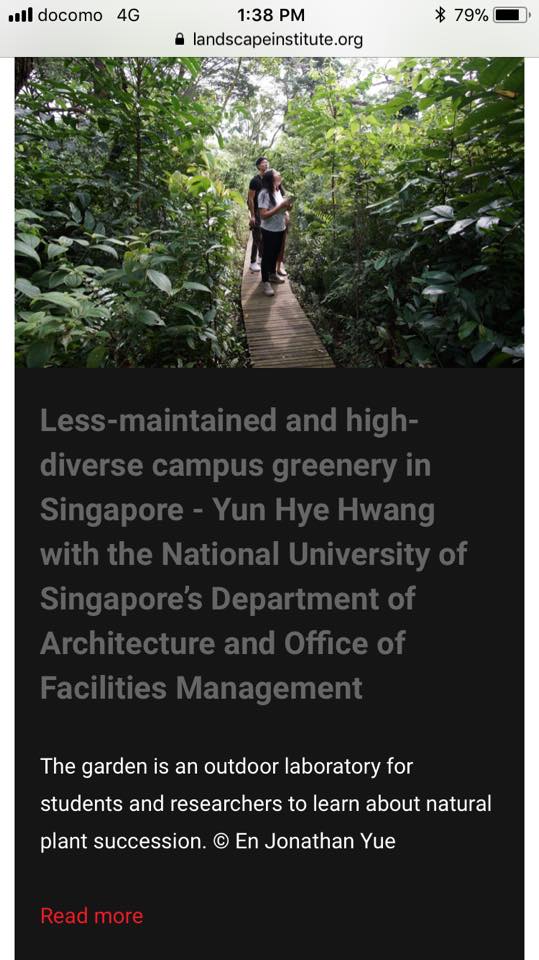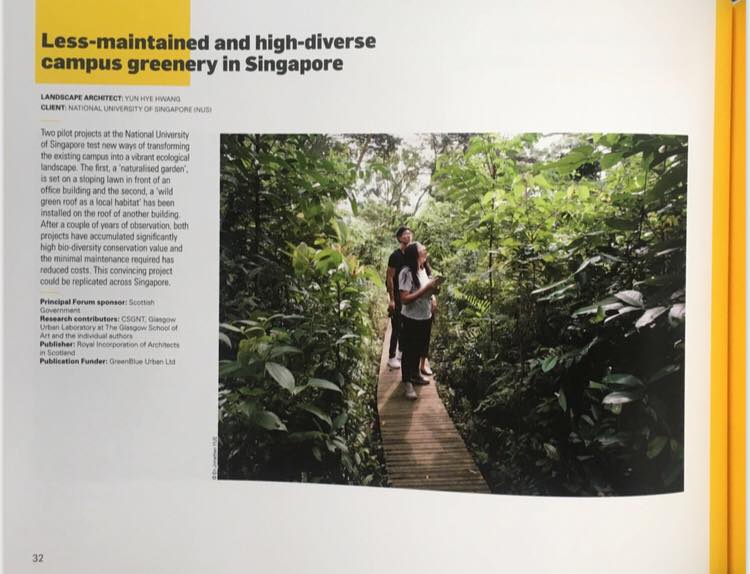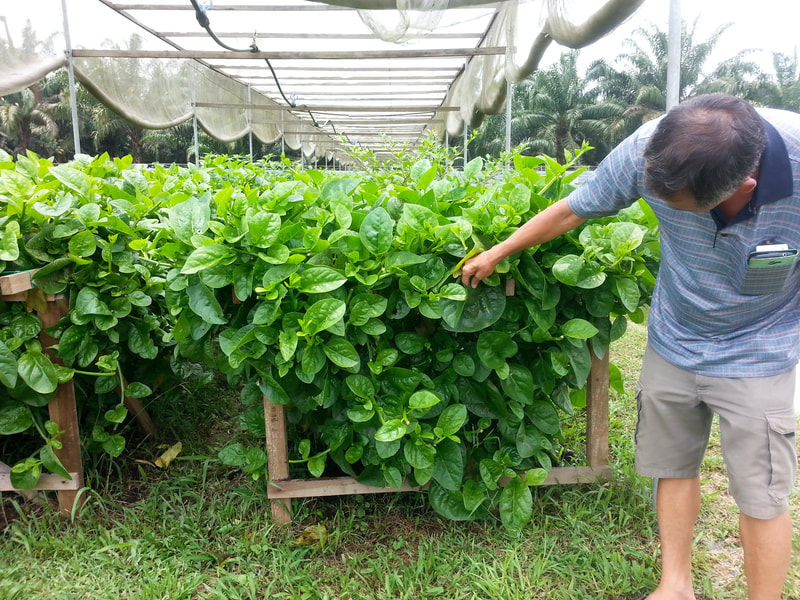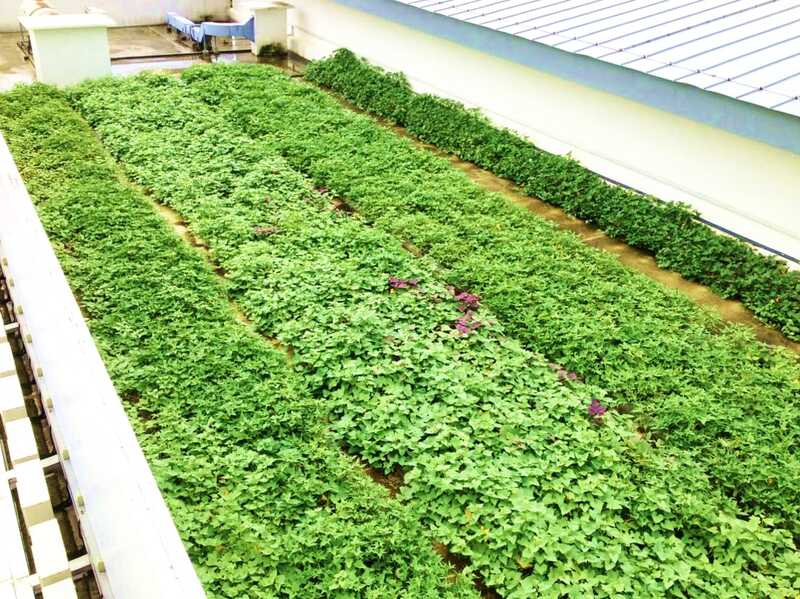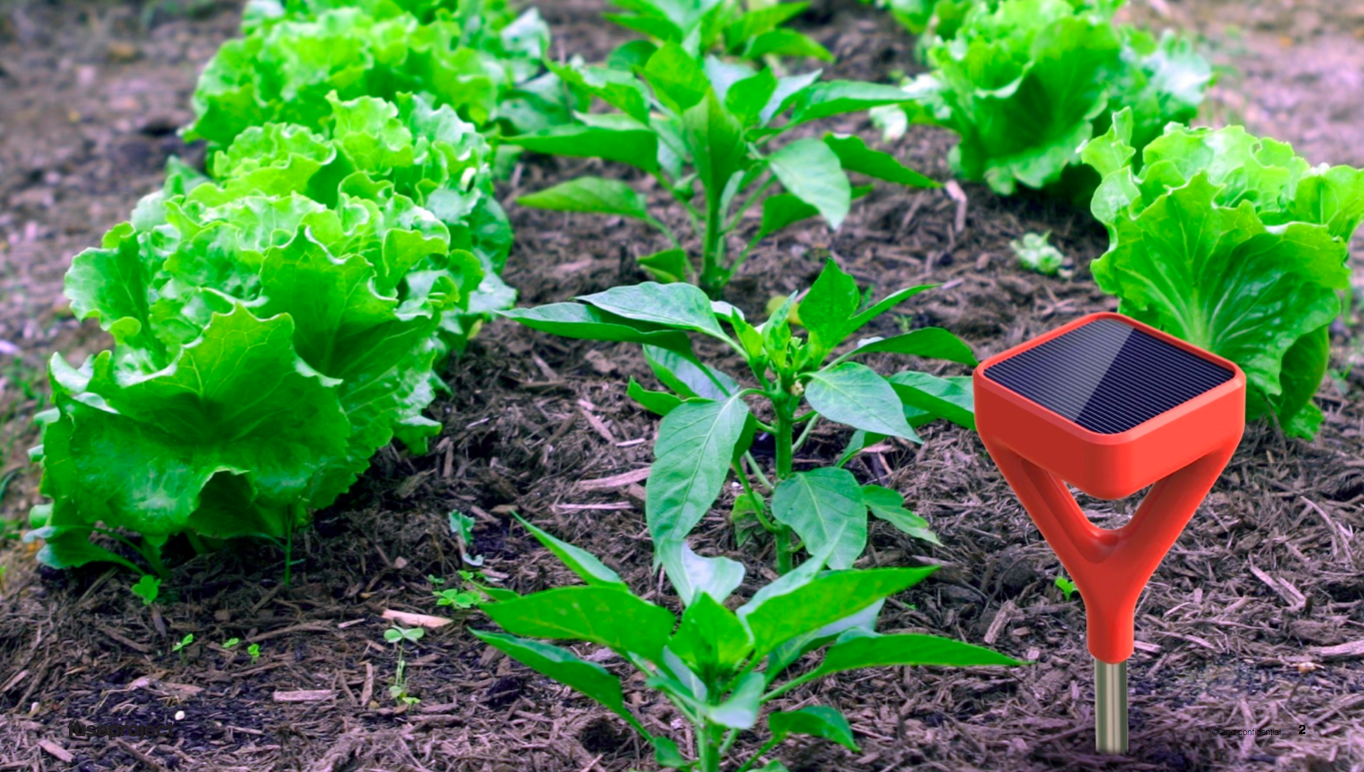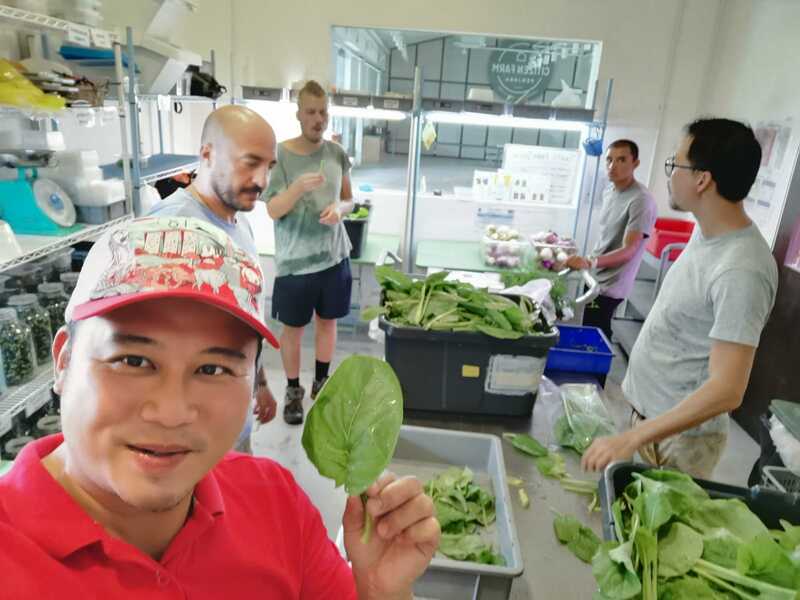BE THE CHANGE, BE CLIMATE CHANGE HERO
2024 Onwards, A Challenging Era to Tackle
A growing global population and changing diets are driving up the demand for food. Production is struggling to keep up as crop yields level off in many parts of the world, ocean health declines, and natural resources—including soils, water, and biodiversity—are stretched dangerously thin. A 2022 report found that nearly 690 million people—or 8.9 percent of the global population—are hungry, up by nearly 60 million in five years. The food security challenge will only become more difficult, as the world will need to produce about 70 percent more food by 2050 to feed an estimated 9 billion people. The challenge is intensified by agriculture’s extreme vulnerability to climate change. Climate change’s negative impacts are already being felt, in the form of increasing temperatures, weather variability, shifting agro-ecosystem boundaries, invasive crops and pests, and more frequent extreme weather events. On farms, climate change is reducing crop yields, the nutritional quality of major cereals, and lowering livestock productivity. Substantial investments in adaptation will be required to maintain current yields and to achieve production and food quality increases to meet demand.
The problem also works in reverse. Agriculture is a major part of the climate problem. It currently generates 19–29% of total greenhouse gas (GHG) emissions. Without action, that percentage could rise substantially as other sectors reduce their emissions. Additionally, 1/3 of food produced globally is either lost or wasted. Addressing food loss and waste is critical to helping meet climate goals and reduce stress on the environment.
Our Regenerative Approach
Protecting Earth's ecological balance.
Ecological balance is a term used to describe the equilibrium between living organisms such as human being, plants, and animals as well as their environment. Therefore, this balance is very important because it ensures survival, existence and stability of the environment.
Ecological balance is a term used to describe the equilibrium between living organisms such as human being, plants, and animals as well as their environment. Therefore, this balance is very important because it ensures survival, existence and stability of the environment.
“To forget how to dig the earth and tend the soil is to forget ourselves.”
- Mahatma Gandhi
Helping The Global Goals: Feed the World Program
In 2015, world leaders agreed to 17 Global Goals (officially known as the Sustainable Development Goals or SDGs). It's now six years on, and we have more work than ever to do. These goals have the power to create a better world by 2030, by ending poverty, fighting inequality and addressing the urgency of climate change. Guided by the goals, it is now up to all of us, governments, businesses, civil society and the general public to work together to build a better future for everyone.
OUR MAIN PRODUCT
AQUIS FERTILISER
Aquis means Pristine, Reliable and Well Balanced. For humanity and for Planet Earth.
Aquis Organic Fertiliser are essential for promoting environmental sustainability as they do not leave any negative impact on the environment. They are a key source of providing essential nutrients to plant and nourishing soil as well.
They are highly preferred among farmers, Urban Growers and Landscapers due to its non-toxicity and does not contain any chemicals which makes them different from conventional ones.
Aquis Organic Fertiliser are essential for promoting environmental sustainability as they do not leave any negative impact on the environment. They are a key source of providing essential nutrients to plant and nourishing soil as well.
They are highly preferred among farmers, Urban Growers and Landscapers due to its non-toxicity and does not contain any chemicals which makes them different from conventional ones.
